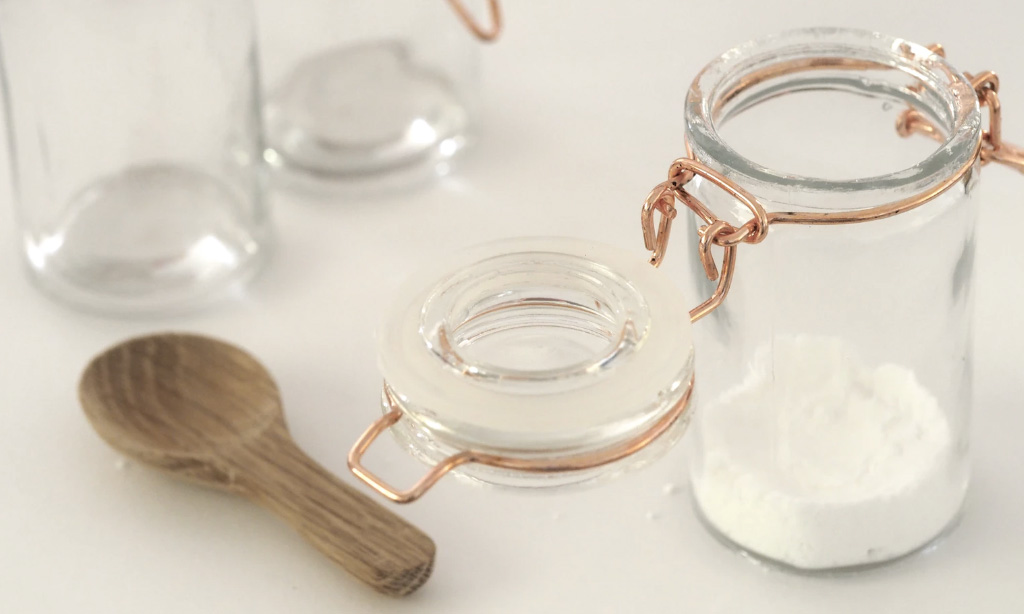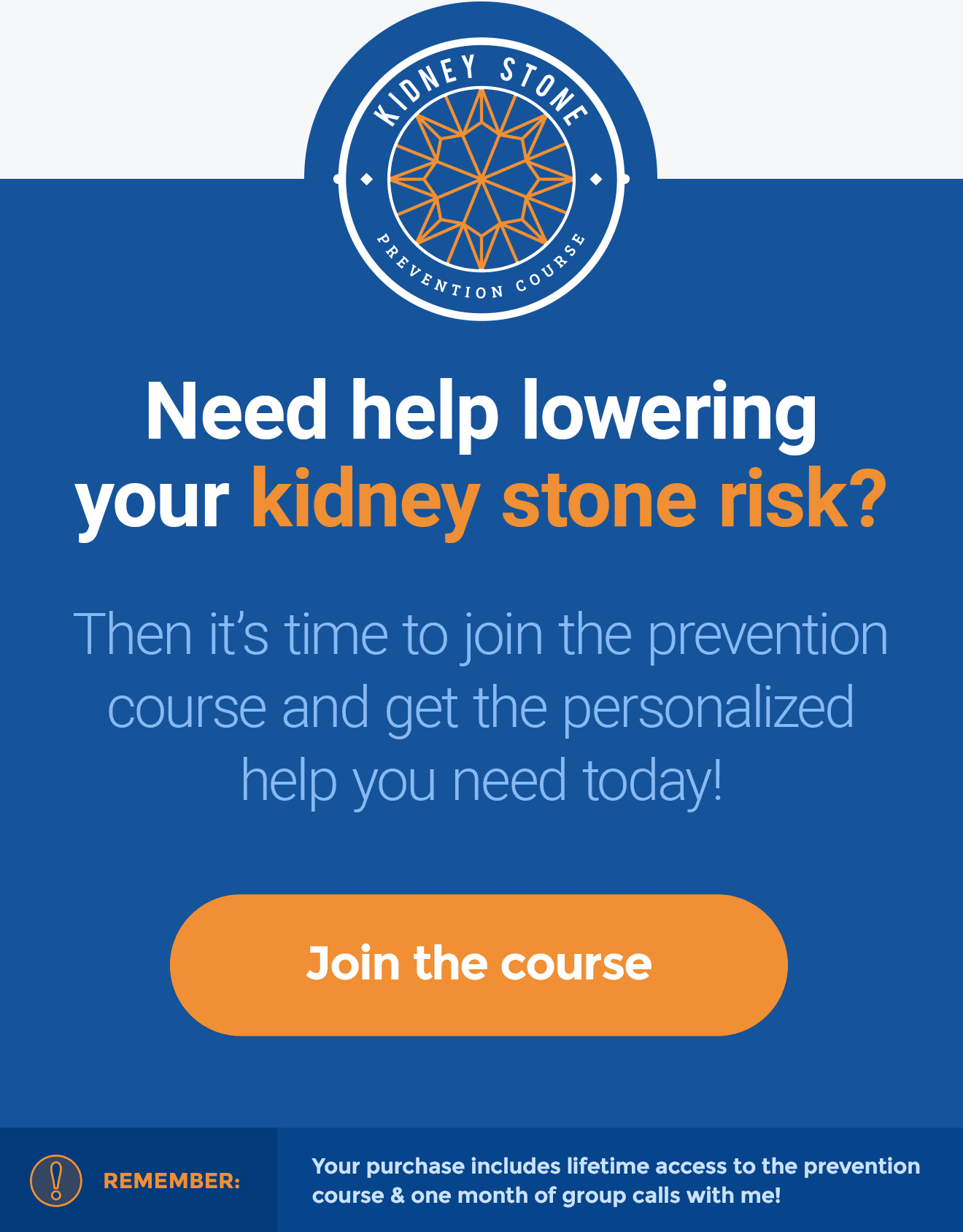From my personal experience, I can tell you that most of my patients do not understand the role that sugar plays in their kidney stone disease.
There are two reasons sugar is a problem.
- One reason is that too much sugar can leach calcium from the bone and into the urine.
- And the second is that overeating sugar can decrease urine volume.
Overeating sugar is also not wise for anyone trying to lower their risk of obesity, diabetes, stroke, and bone disease as well. You don’t need me to tell you this, but since we all know that too much sugar is not suitable for us, why do we continue to eat so much of it?
I think that the majority of people underestimate how much sugar is in the food they are eating. Sugar, like salt, is in so many foods you would never think of. Think of items like bread, condiments, yogurt, nut milk, sauces, and dried fruits, just to name a few. People are very used to looking at fat and calories on nutrition labels, but too few looks at how much sugar is in each product.
How much sugar per day?
- Women: 25 grams of ADDED sugar/day
- Men: 38.0 grams of ADDED sugar/day
To know if your food has added sugar in it, look at the ingredient list of that food. There are many ways food manufacturers add sugar into your diet without you knowing about it. Understanding different terms for sugar will help you figure out if the food you are eating is healthy for you.
The new nutrition label will soon parse out naturally occurring sugars from added sugars. Some food manufacturers have already updated their labels, most have not. Until all nutrition labels are updated, please read the ingredient list on the foods you purchase to ensure they are lower in sugar.
For example, your fruit has naturally occurring sugar and is NOT included in the equation. However, cookies do have added sugar and should be counted in your daily goals of added sugar. Milk has naturally occurring sugar, soda has added sugar. You get the point.
I work daily with patients that have a hard time cutting back on added sugar. They will tell me that they are “addicted.” It makes sense that the more you eat, the more you will crave. By this token then it also makes sense that the less you eat, the less you will desire. I ask them to decrease their added sugar intake a little bit per day until their cravings lessen. It really does work.
I enjoy sweet treats here and there. Often when I find myself craving something I make sure a piece of high fiber fruit wouldn’t be a good substitute. I am always happy I chose the fruit afterward, but sometimes you just may need a treat. If that is the case then watch the portion size and choose a healthier option next time.
Whether you have kidney stones, or not, there are many reasons you should be paying attention to how much added sugar is in your diet.
One of the many reasons I am such a proponent of the Kidney Stone Diet is because it is how all of us should eat whether we have stones or not.
Lowering sugar and sodium, getting enough calcium, eating moderate amounts of protein, and maintaining adequate hydration is vital in not only reducing stone risk but all-around good health.















Leave a Reply